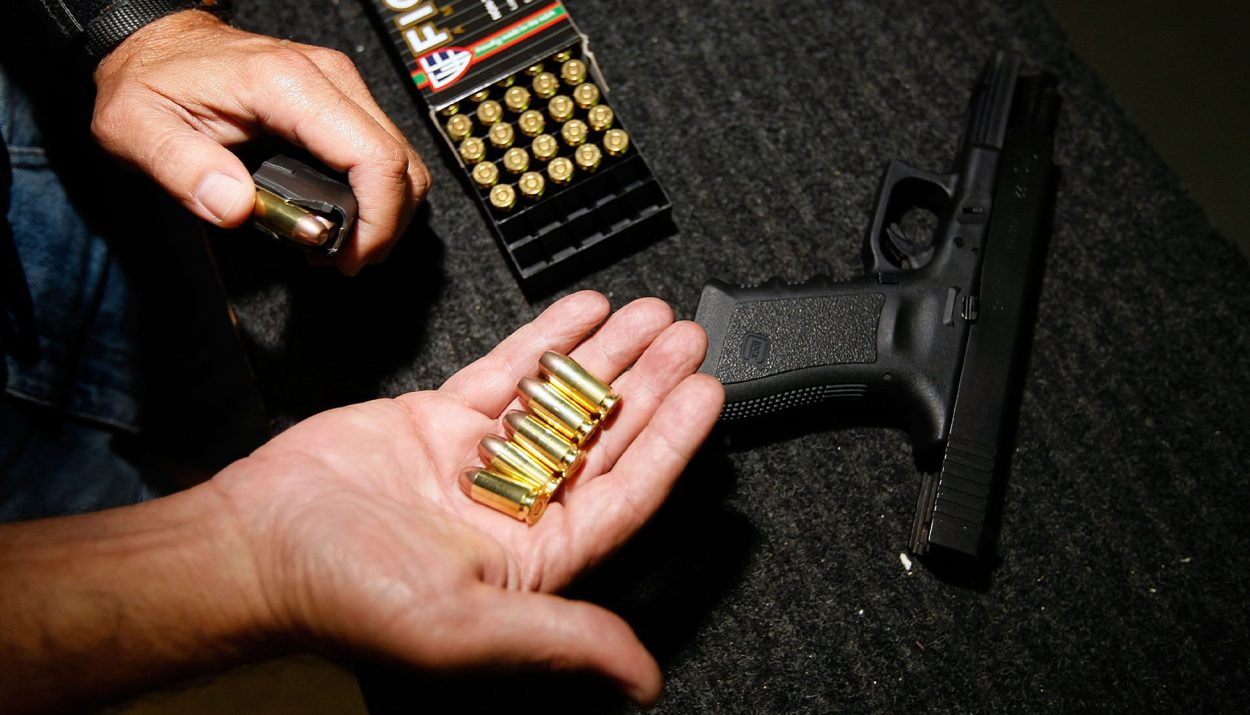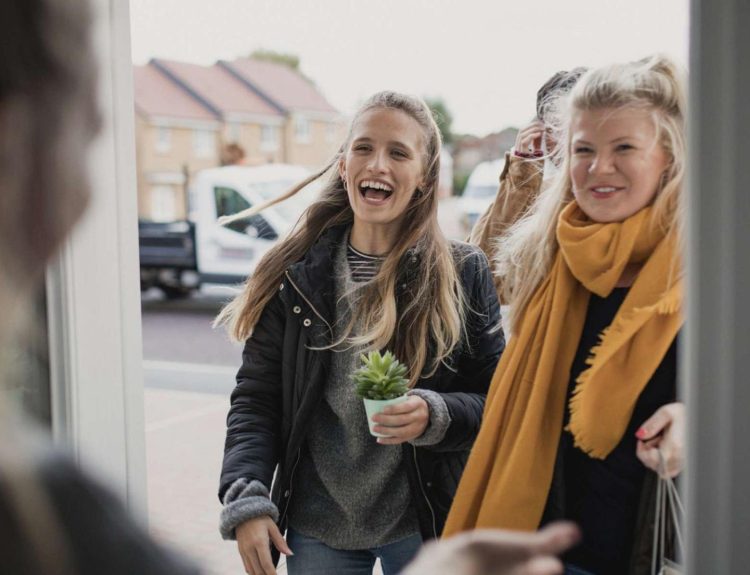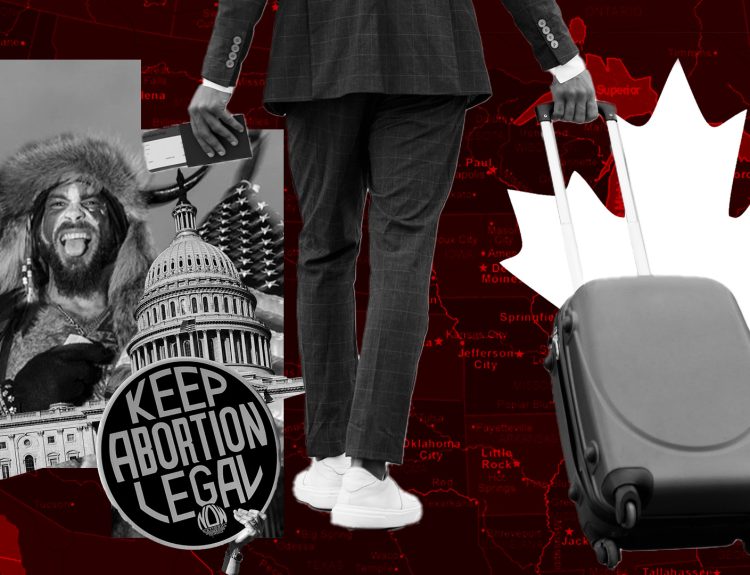Guns spark passion in America, unlike any other issue. The right to bear arms stands as a pillar of freedom woven into the fabric of the nation’s culture and history. But the debate rages on about the true importance of the Second Amendment.
Is it vital for liberty and security or a dangerous anachronism? Their presence not only deters violent crime but also upholds American ideals of independence and self-reliance. Love them or hate them, guns will continue sparking lively discussion as an iconic part of what makes the United States unique.
Self-Defense
Self-defense is perhaps the most fundamental argument for gun ownership. Personal safety remains one of the primary reasons why millions of Americans choose to arm themselves. Guns provide a means of protection against violent crime and home invasion that no other weapon can match.
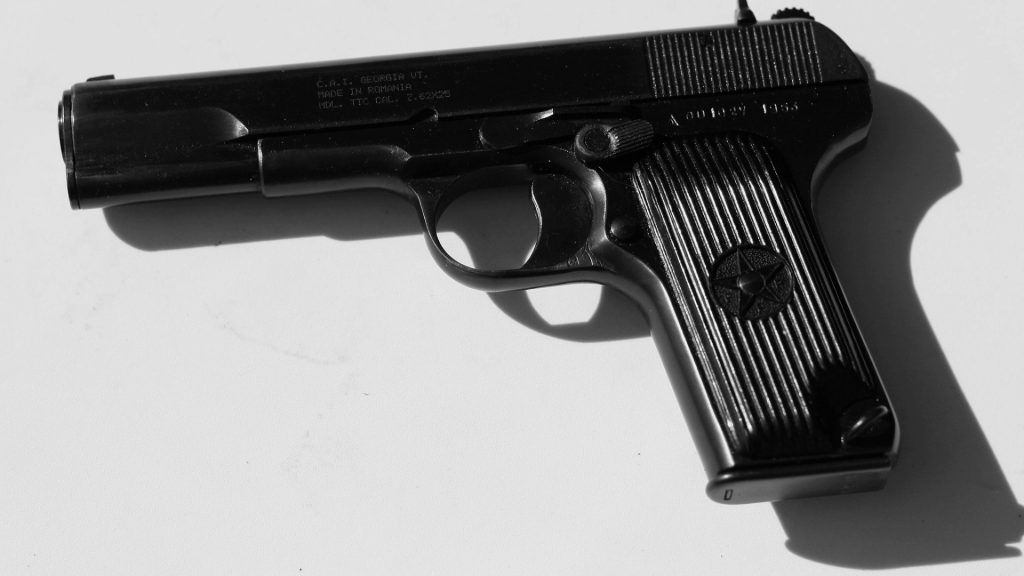
The mere presence of a firearm can deter would-be attackers and allow law-abiding citizens to defend their lives and property when faced with lethal threats. An armed populace has the means to defend themselves, their loved ones, and their property. In areas where police response times are slow, a firearm can be the difference between life and death during a dangerous encounter.
Deterring Tyranny
The founders enshrined the right to bear arms to safeguard liberty. Disarming citizens has historically preceded oppression and human rights violations by tyrannical regimes. An armed populace serves as a bulwark against tyranny, giving citizens the ability to resist if a government turns oppressive.
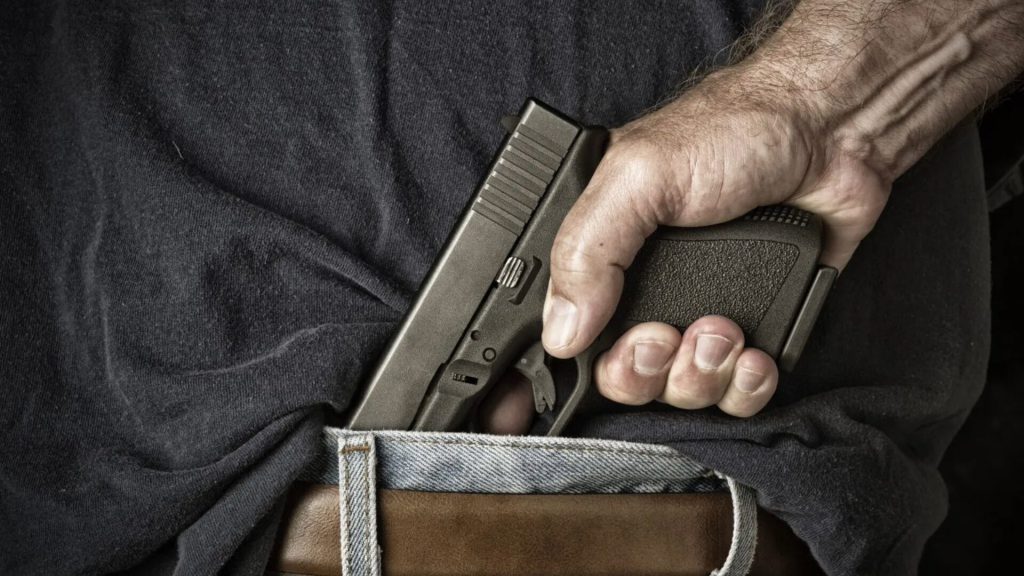
While no modern militia could match the firepower of the U.S. military, the presence of widespread gun ownership acts as a deterrent. A tyrannical government would face armed resistance and political backlash if it tried to confiscate firearms or trample the Second Amendment.
Hunting and Conservation
Hunting is an important tradition for many and helps manage wildlife populations and habitats. It supports local economies and provides sustainable organic meat. Hunters develop a deep respect for nature and the environment.
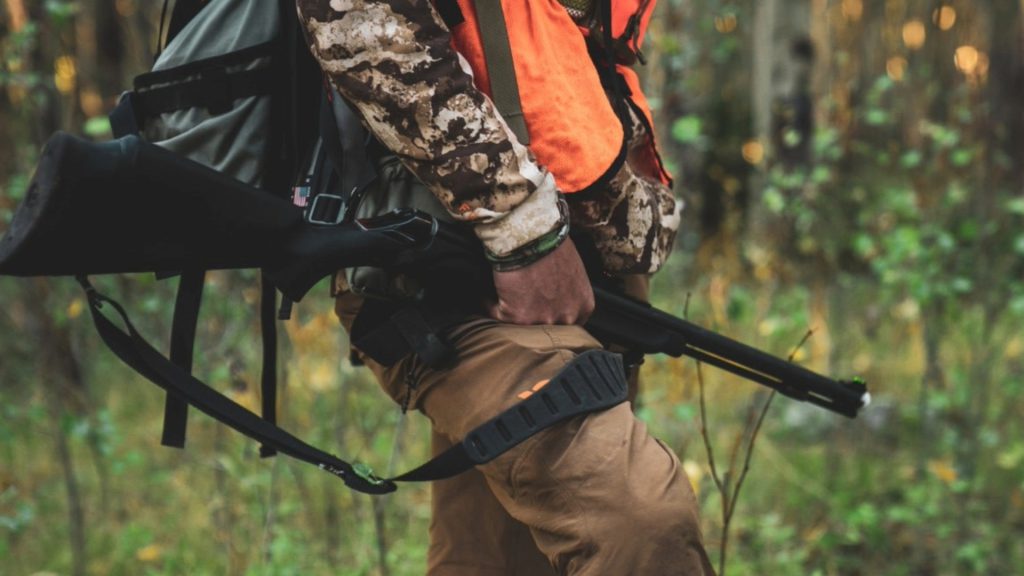
Trained professionals use firearms to manage invasive species that threaten native wildlife and habitats. They also use firearms to protect endangered species by deterring poachers. Revenue from gun sales and licenses funds important conservation efforts, including habitat restoration and acquisition of land for wildlife refuges or public use.
National Defense
An armed citizenry complements the military, deterring foreign threats. The idea of citizens defending the nation is deeply rooted in America. Throughout American history, citizen militias and volunteers have fought alongside the U.S. military to defend the nation.
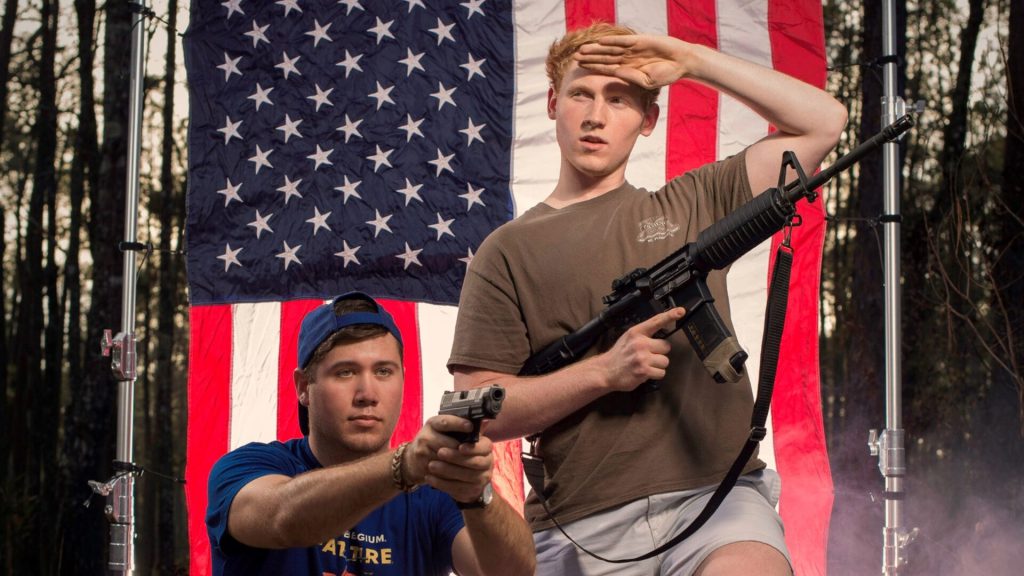
Distributing responsibility for national security empowers citizens in times of crisis and prevents overreliance on the military.
Sport and Recreation
Gun ownership plays an important role in supporting outdoor recreational activities and wildlife conservation efforts. For many, target shooting and marksmanship are lifelong hobbies and sports.
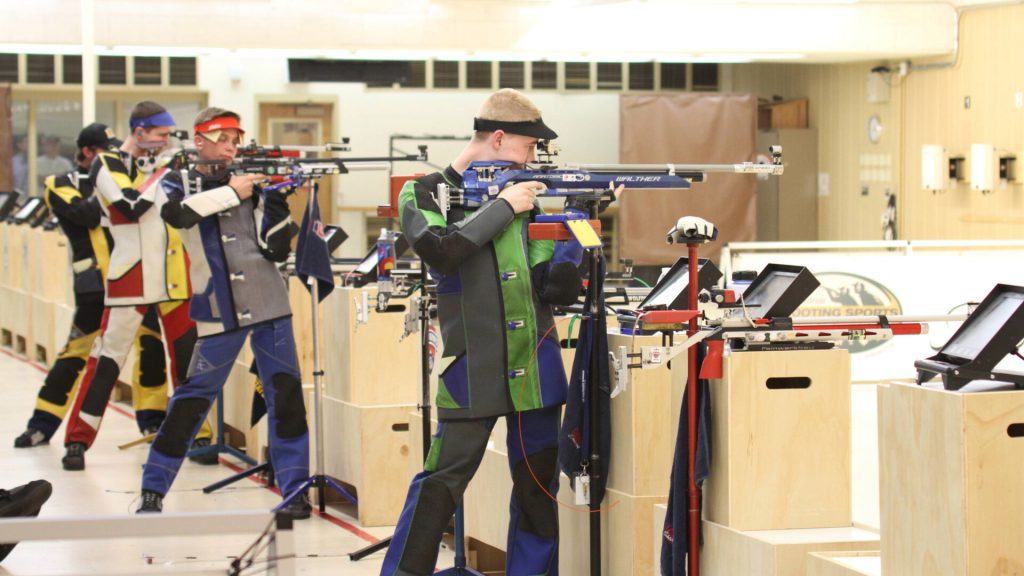
Gun ownership fosters an appreciation for discipline, skill development, and friendly competition. Shooting sports bring people together and create community.
Promoting Government Accountability
An armed public also encourages government accountability and restraint. When citizens have the means to defend themselves, those in power cannot act recklessly without consequence.

There is a balance of power, with both sides retaining the ability to check the other’s authority. This principle manifests in the posse comitatus concept, where citizens assist in enforcing laws and defending communities.
Deterring Foreign Invasion
The prospect of facing an armed populace deters foreign powers from invading U.S. soil. Any opposing force would have to contend not only with the U.S. military but also with armed citizens defending their homeland.
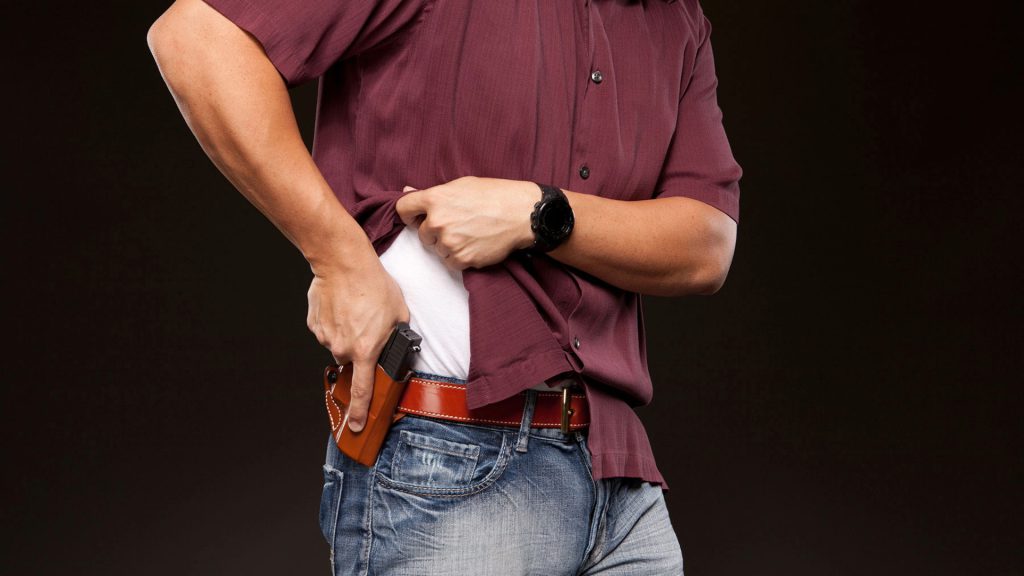
Facing a prolonged guerrilla war against an armed populace would make invasion an unattractive proposition.
Protection for At-Risk Groups
For groups facing a higher risk of victimization, the right to bear arms can be crucial. Studies show that women who own firearms are less likely to experience violence at home or elsewhere.
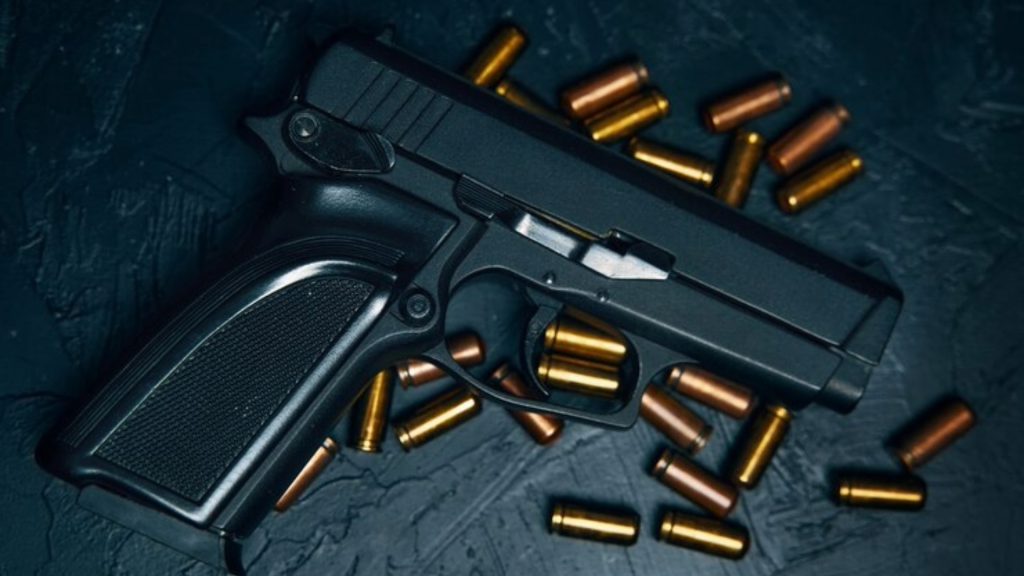
Particularly in remote areas where police response times are longer, a firearm may offer the only hope of self-defense for someone facing an immediate threat.
The Second Amendment Has Deep Roots in American History
The right to bear arms is deeply ingrained in the nation’s origins and development. The founders enshrined it in the Bill of Rights to empower citizens to defend their lives, liberty, and property.
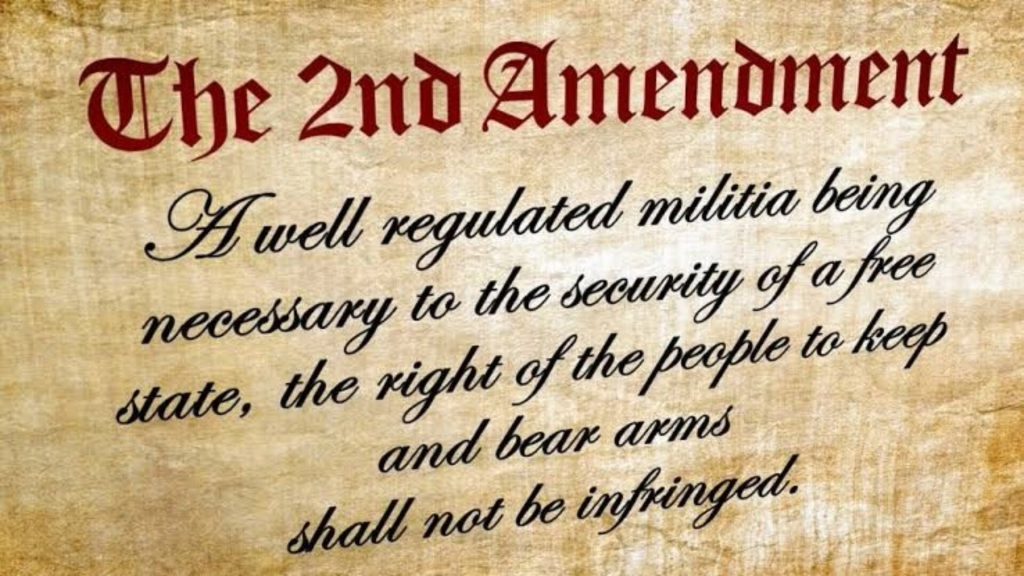
They understood that the concentration of force in the hands of the government could lead to tyranny. By protecting the people’s right to arms, they sought to prevent oppression and safeguard freedom.
Peace of Mind Through Preparation
Owning a firearm also gives peace of mind to those concerned about home security or living in areas with high crime rates and limited law enforcement.
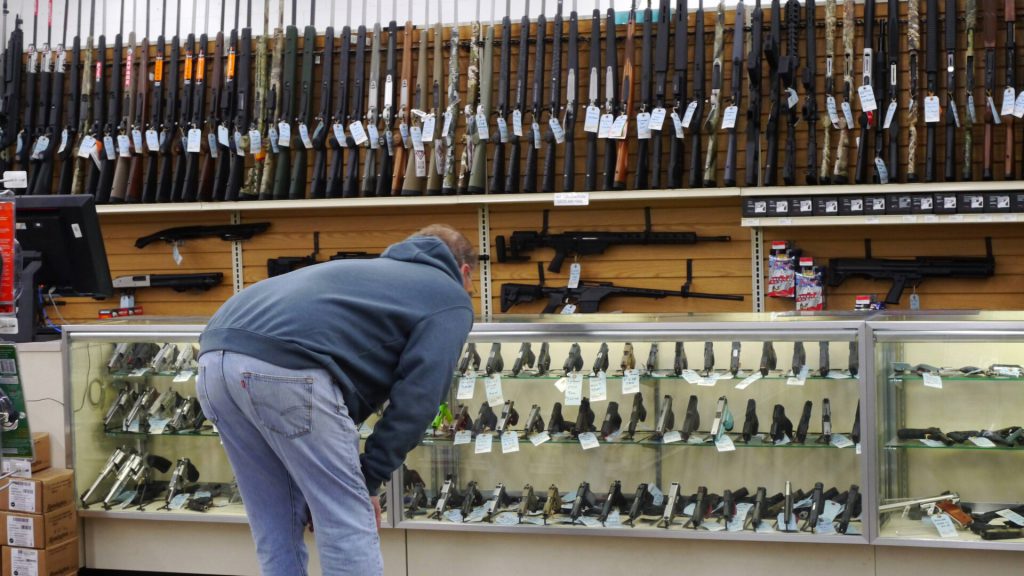
Knowing you have the means to defend yourself and your family in a crisis can help alleviate anxiety over personal safety. This sense of preparedness is invaluable for many gun owners.
Economic Impact
The firearms and ammunition industry contributes significantly to the U.S. economy. It employs over 300,000 people in fields like manufacturing, retail, and repair services.

Shooting sports also generates substantial revenue through purchases of gear and equipment. License and permit fees for hunting and concealed carry, as well as excise taxes on firearms and ammunition, provide funding for conservation and wildlife agencies.
Crime Rates Fall as Gun Ownership Rises
According to research, as U.S. gun ownership has risen over the past few decades, the homicide rate has fallen by over 50%, and other violent crimes have also declined significantly.

While some studies claim a link between firearms and increased violence, the evidence does not conclusively prove that more guns equals more crime.
Reduced Anxiety
Simply owning a firearm, even if never used, helps many gun owners feel less anxious and worried. They feel prepared and able to take action in an emergency rather than feeling helpless.

This sense of control over their own security leads to greater peace of mind and well-being. With proper training and responsibility, guns provide security and empowerment.
Ancillary Goods and Services
The firearms industry also supports a range of related businesses, like security services, shooting ranges, firearm safety training, and more.

These ancillary goods and services employ many workers and generate economic activity in their own right. They meet the various needs of gun owners, retailers, manufacturers, and shooting sports enthusiasts.
Promoting Political Engagement and Civic Participation
Gun ownership often leads gun owners to become more politically active in order to protect their rights. They may vote, contact political representatives, attend local government meetings and join debates on gun control.

This boosts citizen participation in the democratic process and helps create a more informed and engaged society.
Pushing the Boundaries of Materials Science
The firearms industry has long been an incubator of technological innovation that extends well beyond gun manufacturing. In pursuing safer, more reliable and efficient firearms, research and development in this sector has led to advancements with much wider applications.
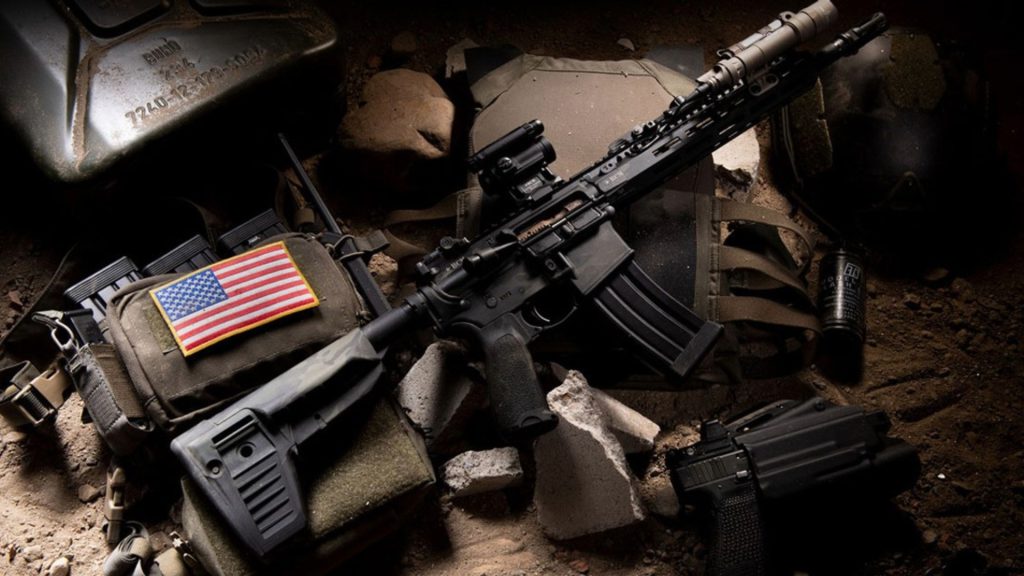
The quest for lighter, stronger materials has driven experimentation with aluminum, polymers, and alloys that are now used in fields like aerospace, automotive production, and renewable energy. Breakthroughs in metallurgy and the development of stainless steel have produced corrosion-resistant materials used in everything from skyscrapers to surgical equipment.
Developing Closeness Through Shared Interests
Families that share interests in firearms and the activities they enable often develop closeness through the time spent engaging in those interests together.
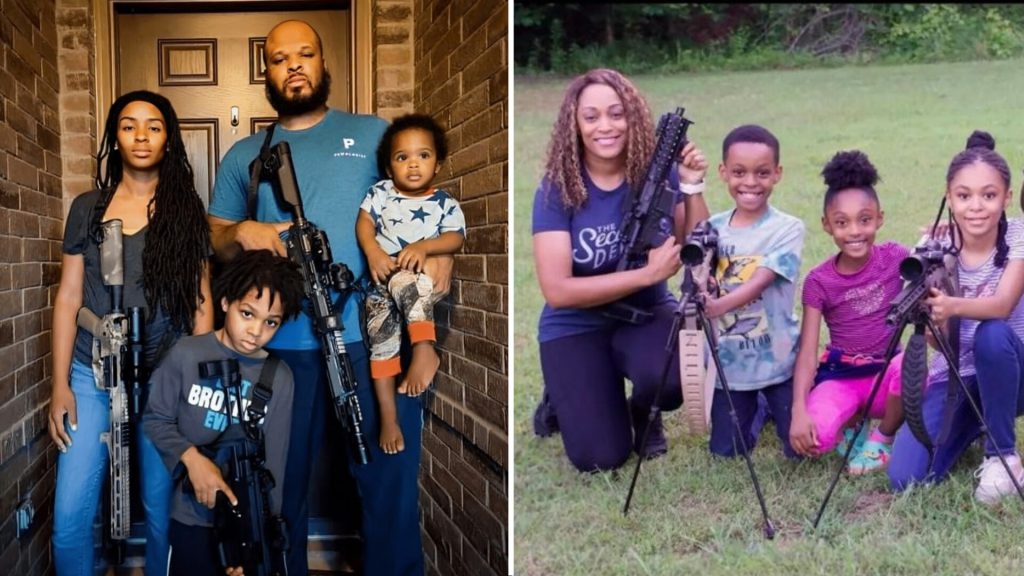
Heading out before dawn on a hunting trip or spending an afternoon at the shooting range provides opportunities for meaningful conversations and bonding over shared experiences. The memories created during these times together serve to strengthen family ties in a way that transcends the activity itself.
Cultural Heritage and Continuity
The traditions surrounding gun ownership have been passed down through generations of families, fostering a sense of cultural heritage and continuity.

In turn, the younger generation gains an appreciation for these cultural traditions and understands their role in carrying them on. When exercised responsibly by informed citizens, gun rights pose little threat to public safety. In fact, they may strengthen society by promoting education, civic participation, innovation, and family bonds.
Providing Education and Safety Training Opportunities
Firearm education and safety training are essential aspects of responsible gun ownership. These programs teach individuals how to handle and store firearms safely, reducing the risk of accidents and injuries.
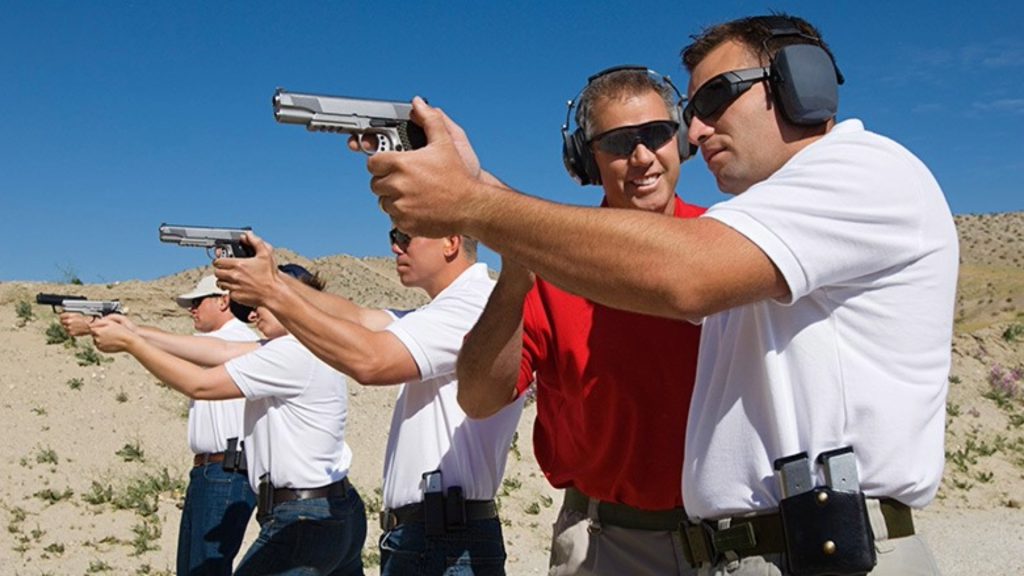
Safety education teaches fundamentals like always keeping guns unloaded until ready to use, never pointing guns at anything one does not intend to shoot, and keeping fingers off the trigger until aiming at the target.

